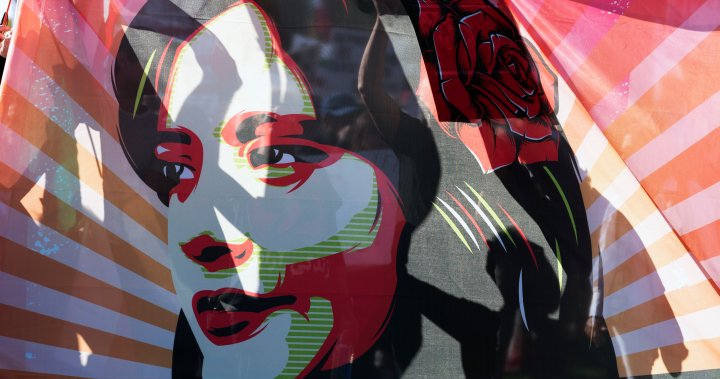In 2022, women in Iran took to the streets to protest the killing of a young woman for showing her hair in public. In response, Canada announced a policy to prevent senior members of the Iranian regime from finding safe haven in Canada. However, almost two years later, only one high-ranking Iranian official has been deported, and the remaining cases are shrouded in secrecy. The Immigration and Refugee Board has ruled that the cases are confidential because the Iranian officials have claimed to be refugees, preventing public scrutiny of their identities and positions.
Iranian-Canadians who fled the Islamic Republic are fearful of regime members living amongst them and are calling for transparency about the cases. They question how senior officials of the Iranian regime can claim to be refugees of the very government they served. The families of Canadian citizens and residents killed when Iran shot down a commercial airliner in 2020 also want transparency and openness about these cases. They believe that these individuals should not be in Canada and should not be able to claim refugee status.
Iran’s crackdown on the Women, Life, Freedom movement following the death of Mahsa Amini sparked international condemnation. A United Nations fact-finding report revealed that as many as 551 protesters were killed by Iranian security forces, including women and children. This brutality prompted Canada to sanction the entire Iranian government for engaging in terrorism and human rights violations. As a result, senior regime members were banned from entering Canada, and those already in the country were to be removed.
Despite the ban on Iranian officials, the process of deporting them has been slow and secretive. While 82 visas have been cancelled and 15 officials identified for deportation, only one has been removed. The Canada Border Services Agency and the Immigration and Refugee Board have not disclosed the names or positions of the alleged regime members due to privacy concerns and potential threats to their lives. The slow progress has been attributed to legal avenues of recourse that must be exhausted before deportation can occur.
The government recently expanded the ban on regime members, allowing for the deportation of anyone who worked for the Islamic Republic in a senior capacity after June 23, 2003. Iranian-Canadians are calling for more information about the identities and actions of these individuals while they worked for the regime. Activists and advocates believe that the government’s efforts to protect the identities of regime members are flawed and allow for them to avoid public scrutiny and integrate into Canadian society. Despite the slow progress in deportations, the ban has likely deterred others from seeking refuge in Canada.
The actions taken by Canada in response to the crackdown on protesters in Iran and the infiltration of regime members into Canadian society highlight the importance of transparency and accountability. The need for justice for the victims of human rights violations and for protecting the safety and well-being of Canadians is paramount. As the government continues to navigate the challenges of deporting regime members while upholding legal standards and privacy concerns, Iranian-Canadians advocate for greater transparency and accountability in the process.













